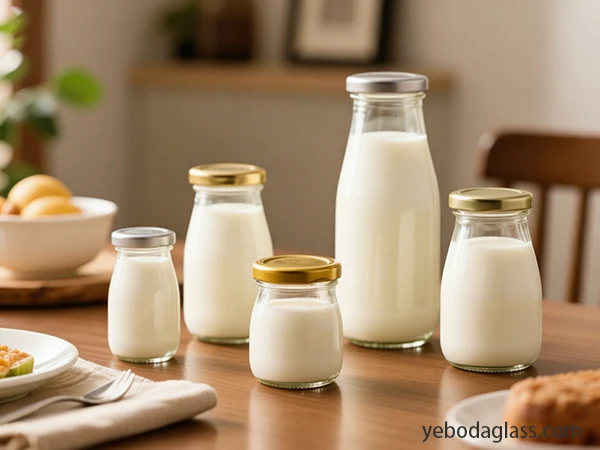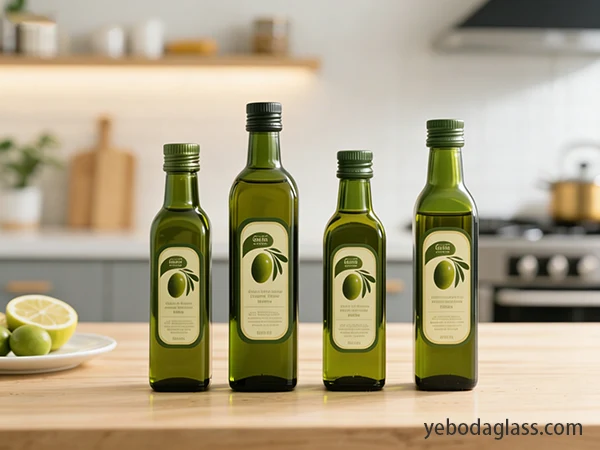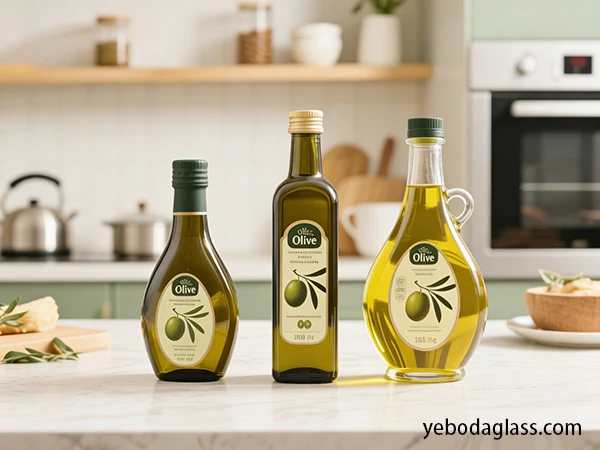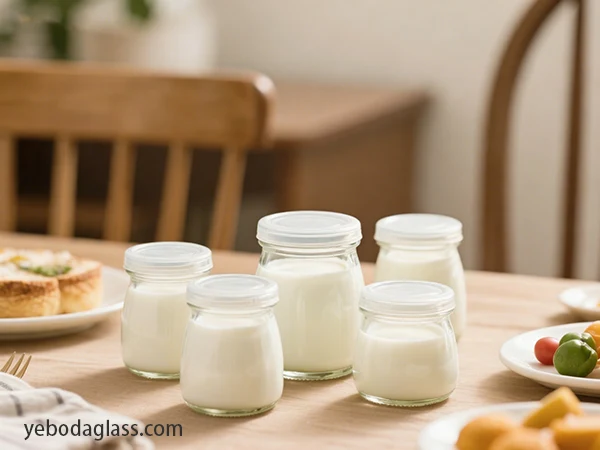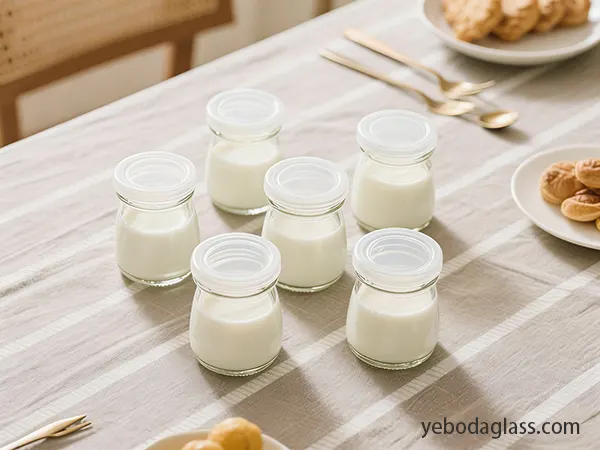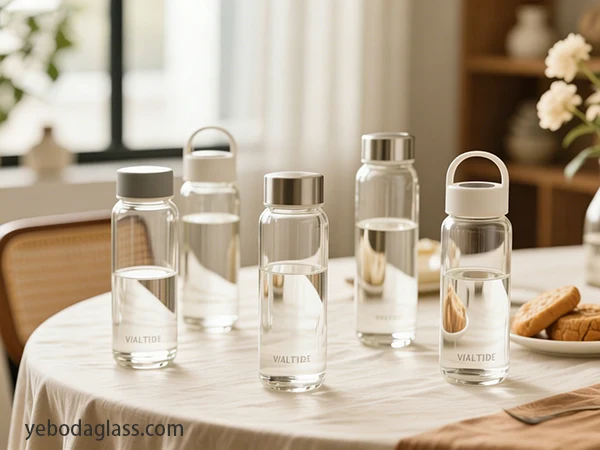Introduction
Where to buy milk in glass bottles? If you’re looking to reduce plastic waste, support local dairies, or simply enjoy the nostalgic charm of traditional milk delivery, glass bottles are making a comeback—and for good reason. More and more consumers are asking where to buy milk in glass bottles as they seek fresher, eco-friendlier options. In this article, we’ll show you the best places to find high-quality milk in reusable glass containers, both online and in local stores.
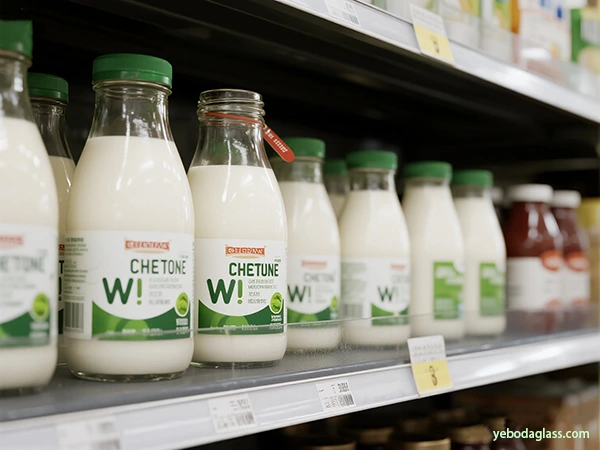
Your unique needs, our sourcing guide
Where to buy milk in glass bottles, clearing specific needs is the key to sourcing. We will define your sourcing parameters from the following core dimensions:
- Geographic location: Milk transportation radius is limited, especially for fresh localized products. Searches should focus on dairy farms and distributors within 100 miles (about 160 kilometers) of your area or surrounding areas, because about 78% of direct sales farms sell within this radius.
- Preferred milk type: Looking for raw milk, pasteurized, A2 protein, organic or specific cow breeds? Different types of production, processing and sales channels vary significantly.
Desired distribution channel
- Purchase frequency: Daily, weekly, or monthly subscription? Affects delivery mode and supplier flexibility.
- Main purchase motivation: Reducing plastic waste, pursuing taste and flavor, or health considerations (such as the digestive benefits of A2 protein)? Clarifying your motivation will help you screen suppliers.
These parameters are the cornerstone of subsequent analysis, ensuring that sourcing recommendations are accurate and practical.
Retail channels: Where can I buy milk in glass bottles?
For consumers who prefer to select in person, retail channels are the main channel.
Local dairy farm direct sales points and farm stores
Many dairy farms have turned to direct-to-consumer (DTC) sales and have farm stores that provide the freshest milk in glass bottles.
How to find:
- Online farm directories and local food finders: Such as “Washington Food – Eat Local First” and “Local Hens”.
- University extension services: State agricultural extension services are valuable resources.
- Social media and local food communities: Follow local farm accounts or join food communities.
Farmers' Markets
Farmers’ markets are the main channel for DTC dairy farms to sell glass bottled milk.
How to find:
- Local farmers’ market website: Check the list of exhibitors.
- Farmers’ Market Alliance: Provide national or regional market directories.
- On-site inquiry: Ask the stall owner directly or learn about other local suppliers.
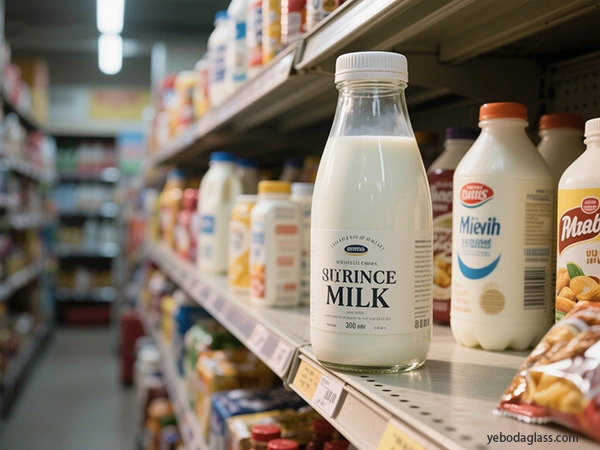
Features:
- Diverse selection: You can find other local agricultural products.
- Community experience: Face-to-face communication with producers.
- Bottle recycling: Many dairy farmers have recycling points.
Specialty Food Markets & Co-ops
Independent grocery stores, specialty food markets and consumer cooperatives are also reliable sources of milk in glass bottles.
Examples: Sheffield Co-op, UK, Willy Street Co-op, Wisconsin, USA, Whole Foods Market.
How to find:
- Local food blogs and forums: Get information about specialty products.
- Direct contact: Ask if they have milk in glass bottles.
Features:
- Selected products: Strictly screened to ensure quality.
- Support the local economy: Buy to support local businesses and farms.
- Environmental concept: Promote sustainable packaging.
- Home delivery and subscription services: Relive the convenience of “home delivery of milk”
The once popular “home delivery of milk” service is reviving with a new look, combining traditional sentiment with modern convenience.
Traditional milk delivery service and modern dairy delivery platform
Milk delivery is making a comeback in modern society and is often positioned as a high-end service.
Operation model
Mostly adopt a subscription system, and also provide flexible orders. In addition to milk, cream, butter, eggs and other products are often delivered. Delivery is usually carried out in the early morning.
The appeal of glass bottles
- Superior quality and freshness: Glass is inert and does not affect the flavor of milk, making it taste better.
- Environmental benefits: Highly reusable and recyclable, reducing waste.
- Nostalgia: Evokes nostalgia for a simpler lifestyle.
How to find home delivery services
- Local farm and dairy website: Check if home delivery is available.
- Community forums and social media groups: Ask local residents.
- Professional directories: Find a directory of local food delivery services.
Additional considerations:
- Cost: Delivery services may be more expensive.
- Bottle deposits and recycling: Understand the bottle deposit system and recycling process.
- Professional sourcing considerations: Milk type and purchase motivation drivers.
If there is a special milk preference or purchase motivation, sourcing requires more in-depth consideration.
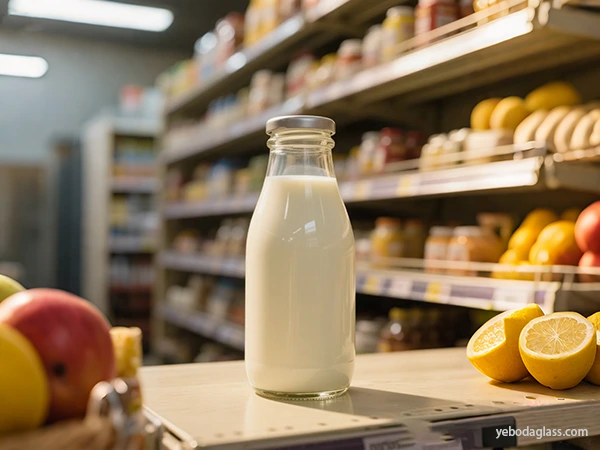
Special milk types
Raw Milk
- Regulatory complexity: Sales guidelines range by means of country and area. For instance, legal retail income in California require a license and caution label.
- Health and protection standards: Producers should observe strict standards, including cow testing and micro organism count limits.
- Where to discover it: Visit the websites of businesses which include the Farm-to-Consumer Legal Defense Fund (FTCLDF) or the Raw Milk Institute (RAWMI).
A2 protein milk
- Features: Contains handiest A2 beta-casein and can be easier to digest ninety two.
- Organic vs pasteurised milk: Many natural and traditional dairies provide glass bottles 4794, which may be observed at specialist food markets, co-ops or transport offerings.
Purchase motivation
Environmental impact (reduced plastic waste):
- Benefits of glass bottles: Can be reused hundreds of times, substantially decreasing waste and environmental footprint. Reuse substantially reduces greenhouse gas emissions.
- Deposit Return System (DRS): DRS is being promoted in Europe and different locations to incentivize the go back of bins.
Challenges
- Challengers: Recycling faces hygiene and logistics challenges, but advanced cleansing technology can remedy them.
- Taste and flavor: Glass bottled milk is often taken into consideration to have a higher flavor as it is not homogenized or tank-pasteurized, and it’s far fresher whilst sourced domestically.
- Specific fitness benefits: A2 protein milk is famous for its clean digestibility ninety two.
Strategic guidelines and future potentialities
Action guidelines
- Start neighborhood: Prioritize looking for dairy farms and dairies inside a 100-mile radius of your region.
- Investigate direct income channels: Visit nearby farm stores and farmers’ markets.
- Explore home shipping offerings: Search for neighborhood glass milk shipping offerings.
- Verify product info: Confirm milk kind, processing methods, bottle go back policy and deposit device.
- Understand policies: If you are inquisitive about raw milk, thoroughly studies nation policies.
- Actively participate in recycling: Rinse and return empty bottles to maximise environmental blessings.
Future trends and innovations
The glass milk market is experiencing a resurgence and is combined with sustainable development and technological innovation.
- Smart packaging and enhanced functionality: In the future, sensors and data carriers may be combined to monitor product conditions and interact with consumers.
- Sustainable materials and circular economy: The global glass milk bottle market is expected to continue to grow, reaching approximately $2 billion by 2033. Lightweight and biodegradable materials may be applied to bottle caps or labels.
- New distribution model: In addition to home delivery, “milk ATM” or street vendors may appear in the future.
- Consumer drive and policy influence: Consumers are increasingly concerned about sustainability, health and quality. Government regulations also drive the industry to transform to a circular economy.

Conclusion
In the wave of the revival of glass bottled milk, choosing the right glass bottle supplier is crucial. As an industry leader, YEBODA is well aware of the unique value of glass bottles in dairy packaging.
YEBODA glass bottles are a symbol of quality, sustainability and innovation:
- Excellent quality assurance: Using high-quality raw materials, pure and odorless, perfectly retaining the original flavor and nutrition of milk.
- Solid sustainable commitment: Glass bottles are reusable and effectively reduce plastic waste. We support dairy companies to establish efficient recycling and reuse systems.
- Innovative design and technology: Provide standardized and customized designs, and explore the integration of smart packaging technology into glass bottles.
- Strong production strength and reliable supply chain: With advanced production equipment and strict quality control, we can meet various needs and ensure that products are launched on the market in a timely manner.
Choosing YEBODA glass bottles means choosing the persistence of quality, responsibility for the environment, and foresight for the development of the dairy industry.

